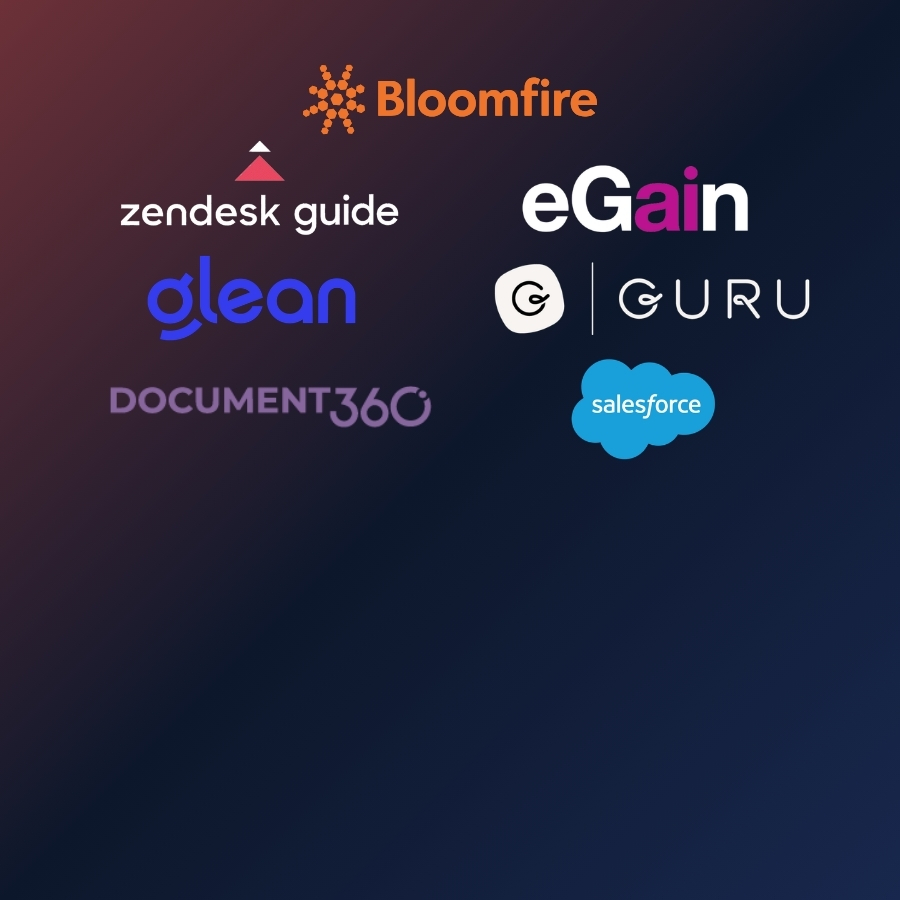6 Key Market Research Skills for 2021

It’s that time again, when we begin to focus on the coming year and what it may have in store. One area that saw remarkable shifts in 2020, both in challenges and opportunities, is market research. For a peek at the future, we reached out to several leading market researchers and insights professionals and posed the question: What’s one skill or area of expertise you want to focus on developing in 2021, and why?
Not surprisingly, some are focused on how doing everything online has generated more and more data— good news but in some ways challenging news, too, as competition for stakeholders’ attention grows fiercer. To increase the influence of research findings on business decision making—which maximizes the research ROI and benefits everyone—it’s necessary to break through the noise and keep stakeholders engaged. And, of course, more time spent online also opens more and different opportunities to engage with customers and prospects.
Another trend is the power of human creativity in extracting meaning from data. Technology can only take us so far, in both gathering and analyzing data. Human learning continues to be critical, along with our unique ability to use stories to find and share meaning.
And because everything old eventually becomes new again, we see renewed attention to a foundational market research skill: the art of the interview.
Check out the top skills and areas of expertise that six market research leaders plan to focus on in 2021.
Omnichannel Strategies
Jerry Han, Chief Marketing Executive at PrizeRebel, is focused on omnichannel technology and marketing. According to Han, as more large companies and brands are making effective use of omnichannel strategies in their marketing and brand awareness plans, it has become practical to use an omnichannel approach in data gathering for market research.
Knowledge in omnichannel technology and marketing is a crucial skill to master in 2021. Omnichannel market research targets all possible places where the audience possibly hangs out, including in-store, digital, or mobile platforms to give a more comprehensive outlook on the target market…[It’s] a relatively new concept, but it shows massive potential in reshaping data gathering for marketing campaigns.
Deeper Analysis and Experience Management
Michelle Diamond, CEO at Elevate Diamond Strategy, is emphasizing deeper data analysis (as opposed to more data collection) to maximize value from the plethora of data being generated. She also sees opportunities in experience management, which helps companies capitalize on opportunities and mitigate problems before they occur.
The world is going even more online than we were before and the need to make better sense of all this additional data is crucial. In addition, companies are more sensitive now to anticipating problems beforehand, as reacting to problems later can be costly from a financial and reputational standpoint.
Both these trends highlight the value in—and the need to—act on insights in real time. Businesses have treasure troves of data, and uncovering actionable insights from that data will help them mitigate risk and deliver positive customer experiences.
Data Triangulation
Speaking of acting on insights in real time: Andria Long, Growth & Innovation Advisor, says the key to differentiation is being able to learn and act faster. She considers the most important skill for the insights professional to be data triangulation: uncovering and synthesizing connections across multiple and diverse data sources.
At the end of the day, everyone has access to the same data…converting data into insights is critical. The ability to see what’s NOT there and make something happen is essential with accelerated industry transformation, growing volumes of data, and rapidly evolving consumer preferences.
She goes on to note that it’s human learning that enables insights professionals to stay relevant and continue growing professionally in an era of machine learning.
In addition to data, we need to gain insights from observation, experience, reflection, and reasoning and make recommendations to drive growth.
Back to Basics: Interviewing Skills
According to Colin Palfrey, CMO at Majesty Coffee, everyone should be honing the skills needed to interview customers and others in their target audience. Good interview skills have become more important than ever with many people working remotely, as the dynamics of interviewing virtually are different than interviewing in person:
Everything has changed in the last eight months, and if you want your business to thrive, you need to be in touch with your audience. I’ve found that actual interviews are so much more efficient than surveys. When you interview someone, you can understand the context a bit more and ask follow-up questions.
Storytelling
One evergreen challenge for market research professionals is communicating insights to stakeholders in a way that sticks and drives action. With researchers and stakeholders working remotely or in different locations, keeping stakeholders engaged and interested is more important than ever. Organizing data and research findings into meaningful stories is a great way to hold stakeholders’ attention and make an impact.
Bruce Harpham, Marketing Consultant, is getting serious about developing his storytelling skills.
I gather a lot of data, quantitative and qualitative, while working with clients. Without a story to organize all this data, it is nearly impossible to remember insights and improve.
To build his storytelling chops, Bruce is reading (Wired for Story: The Writer’s Guide to Using Brain Science to Hook Readers from the Very First Sentence by Lisa Cron) and writing (participating in National Novel Writing Month).
Activating Insight
In addition to conveying insights through stories, researchers can increase their influence by tailoring their insights delivery to stakeholders and getting creative with the formats of their presentations.
Chris Martin, CMO at FlexMR, is considering the stakeholder’s perspective and says it will be vital, through 2021 and beyond, for research professionals to get better at activating insight.
The explosion of research and analysis technology of the past decade has given stakeholders access to an increasingly complex data landscape. Research professionals need to find new ways and new skills to help grow the influence of research conclusions. Ensuring that findings have an impact on business decision making means competing for stakeholder attention in a competitive environment. Creativity, strategy and storytelling will all be essential components—applied in original and inventive ways to maximize stakeholder engagement.
Hopefully, 2021 will hold fewer surprises than this year, less disruption and urgent adaptation and more smooth sailing while we learn to leverage some of the skills and processes that emerged in 2020. But whatever 2021 has in store, developing the skills and areas of expertise above can help research professionals be agile and act as strategic advisors for their stakeholders.
We see the future of market research as exciting as it’s ever been, and we want to thank the research and insights professionals who helped us take a look at what lies ahead.

How to Improve Customer Service: 9 Strategies to Automate Success

7 Best Customer Service Knowledge Management Systems in 2026

The 6 Knowledge Management Trends That Redefine Strategic Intelligence in 2026

Estimate the Value of Your Knowledge Assets
Use this calculator to see how enterprise intelligence can impact your bottom line. Choose areas of focus, and see tailored calculations that will give you a tangible ROI.

Take a self guided Tour
See Bloomfire in action across several potential configurations. Imagine the potential of your team when they stop searching and start finding critical knowledge.